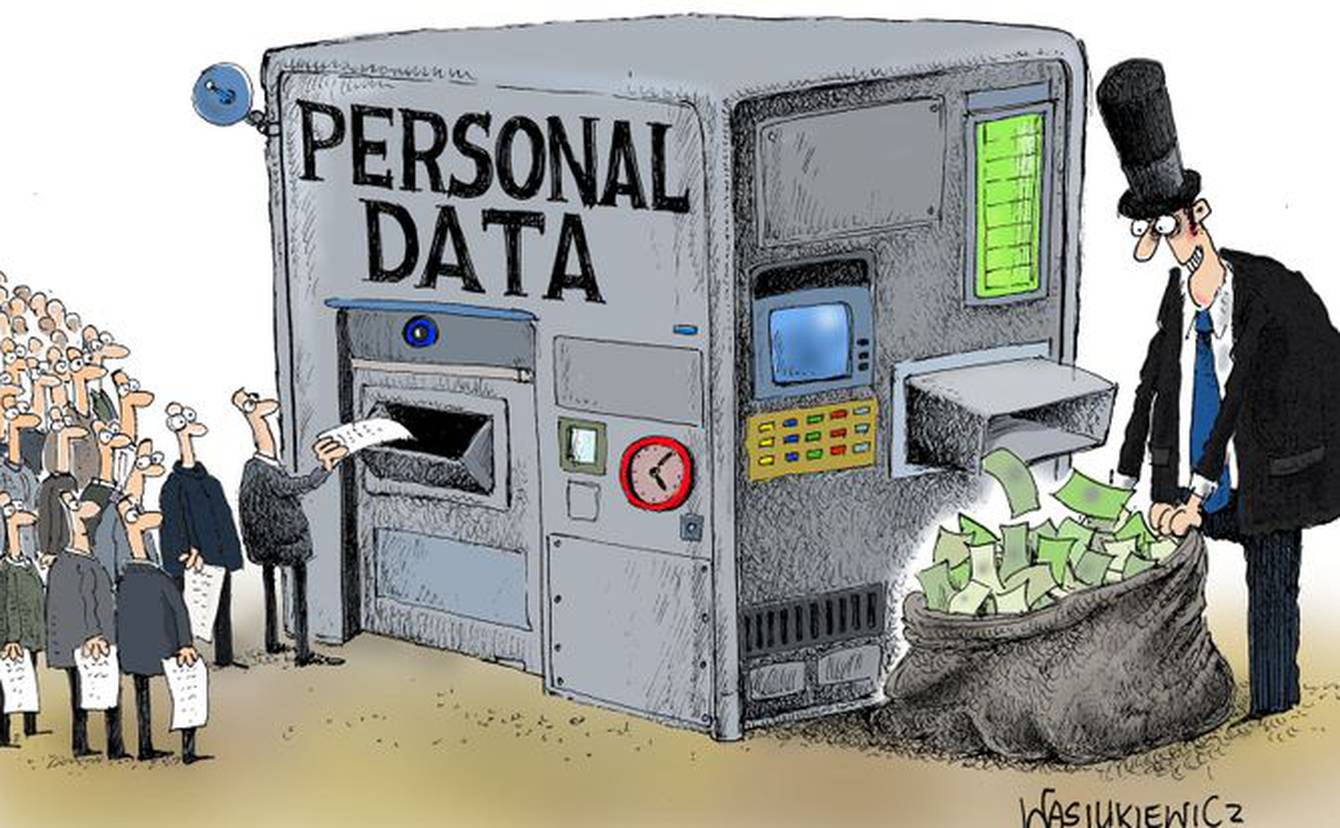Understanding Data Protection Laws: A Guide for Beginners
Data Protection: A critical shield to safeguard personal data!
In today's digital world, data is everywhere. From the photos you share on social media to the personal details you enter when shopping online, data drives the modern economy. But as data collection grows, so do the risks of misuse, theft, and unauthorized access. This is where data protection laws come in as a critical shield to safeguard your personal information.
What Are Data Protection Laws?
Data is a key component of the new digital world
Data protection laws are legal frameworks designed to ensure that individuals' personal information is collected, stored, and used responsibly.
These laws place obligations on organizations to protect data and grant individuals rights over their personal information.
Why Should You Care?
Imagine if your banking details were stolen, or your private conversations leaked online. Data protection laws help prevent such scenarios by holding organizations accountable for how they handle your data. For businesses, compliance builds trust and demonstrates a commitment to safeguarding customer information.
Key Principles of Data Protection Laws
While specific laws vary globally, most are built on similar principles:
- Transparency: Organizations must inform you about how your data is being used.
- Consent: Your data cannot be used without your explicit permission.
- Purpose Limitation: Data should only be used for the purposes stated when collected.
- Data Minimization: Only necessary data should be collected and stored.
- Security: Organizations must implement measures to prevent data breaches.
- Accountability: Companies are held responsible for ensuring compliance with the law.
Examples of Data Protection Laws
- Nigerian Data Protection Act (NDPA): Protects the privacy of Nigerians and establishes rules for processing personal data.
- GDPR (General Data Protection Regulation): A comprehensive EU law that sets the gold standard for data protection.
- CCPA (California Consumer Privacy Act): Grants California residents rights over their personal data.
Your Rights Under The Nigerian Data Protection Laws
The Nigerian data protection laws grant individuals several rights, including:
- The right to access: View the data organizations hold about you.
- The right to be informed: the right to be informed about the relevant information relating to the processing of their personal data.
- The right to rectification: Correct inaccuracies in your personal data.
- The right to erasure: Request that your data be deleted (the "right to be forgotten").
- The right to data portability: to transfer their personal data from a data controller to another data controller.
- Right to withdraw Consent: a data subject has the right to withdraw consent.
- Right to complain to the Relevant Data Protection Authority; Section 40 of the NDPA gives the data subject the right to lodge a complaint with the NDPC.
How Can You Stay Protected?
- Read Privacy Policies: Understand how your data is being used before sharing it.
- Opt Out When Necessary: Use the right to deny consent if you’re uncomfortable.
- Report Violations: If an organization misuses your data, report them to relevant authorities.
Final Thoughts
Data protection laws empower individuals to control their digital footprint and compel businesses to act responsibly.
As a beginner, understanding your rights and these laws is the first step to navigating the digital world securely.
Stay informed, stay secure!
CLIENT OF THE WEEK
BROKERAGE SERVICE
As a dealing member firm of The Nigerian Exchange Limited, the company engages in the execution of mandates for clients with regards to the following securities:
- Ordinary shares
- Gilt-edge/ government development stocks
- Corporate debt
- Treasury bills and certificates
- Over the Counter Trading (OTC-NASD)
- Private Equity
FINANCIAL ADVISORY SERVICES
The company offers financial advisory services to corporate organizations in the following area
- Capital issue/Raising
- Broker to issue
- Capital restructuring
- Mergers and Acquisitions
- Debt Swaps/Equity conversion
- Feasibility Reports
- Dividend policy
- Collection of outstanding Share Certificates, bonuses and dividend
NOMINEE/CUSTODIAN SERVICES
The company serves as custodian to banks/and non bank financial institutions that use their stock position as collateral for loans. The company takes necessary steps that protect the interest of both parties.
The nominee service facilitates the management of a client’s holding under a nominee name. This transaction must however conform to the ethics of corporate governance and transparency. A periodic report on the performance of the account will be communicated to the client.
SHARE CERTIFICATE VERIFICATION
The company offers clients the opportunity to dematerialize their share certificates in the CSCS system. The advantages include safety against theft, loss, fire, accident while facilitating easy transfer. Clients can also take advantage of share price appreciation as well as ease of use as collateral.





